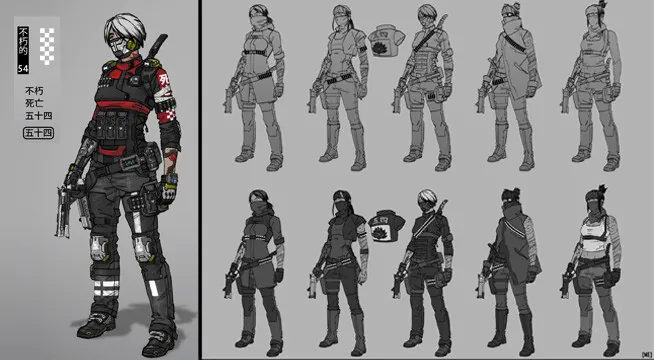Designing Voice Interfaces for Accessibility

In recent years, voice interfaces have become increasingly popular in the gaming industry, providing users with a more immersive and convenient gaming experience. However, one aspect that is often overlooked is designing voice interfaces for accessibility. Accessibility in gaming has become an important focus for developers, ensuring that all players, regardless of their physical or cognitive abilities, can fully enjoy and engage with their games.
Designing voice interfaces for accessibility involves making sure that the interface is intuitive, easy to use, and designed in a way that accommodates a wide range of needs and preferences. This means considering factors such as speech recognition accuracy, voice commands, language support, and customization options.
One of the key challenges in designing voice interfaces for accessibility is creating a system that can accurately recognize and interpret a user’s speech. People with disabilities, such as speech impairments or accents, may have difficulty being understood by traditional voice recognition systems. To address this, developers need to incorporate machine learning algorithms that can adapt and learn from the user’s speech patterns, improving accuracy over time.
Another important aspect to consider when designing voice interfaces for accessibility is providing users with a variety of voice commands that are easy to remember and execute. For example, gamers with physical disabilities may find it challenging to use traditional controllers, making voice commands a more accessible alternative. By offering a wide range of voice commands for different gameplay actions, developers can ensure that all players can participate in the game at their own pace and comfort level.

Language support is another crucial factor in designing voice interfaces for accessibility. Many gamers around the world speak languages other than English, and it is essential to provide support for multiple languages to ensure that everyone can enjoy the game. This includes not only translating the text and instructions but also incorporating natural language processing algorithms that can accurately interpret and respond to different languages.
Customization options are also key in designing voice interfaces for accessibility. Different players have different preferences and abilities, and it is important to provide customization options that allow users to tailor the interface to their specific needs. This can include adjusting the sensitivity best modded minecraft server hosting of the voice recognition system, changing the language settings, or customizing the voice commands to better suit their individual needs.
In addition to these technical considerations, developers also need to consider the overall user experience when designing voice interfaces for accessibility. This includes creating a visually appealing and engaging interface that is easy to navigate and understand. Providing clear instructions, feedback, and guidance can help users feel more confident and comfortable using the voice interface.
Accessibility in gaming is not just about meeting legal requirements or ticking off checklists. It is about creating an inclusive and welcoming environment where all players can feel empowered and valued. By designing voice interfaces with accessibility in mind, developers can ensure that their games are enjoyed by a wider audience and make a positive impact on the gaming community as a whole.
In conclusion, designing voice interfaces for accessibility is a complex and challenging task that requires careful consideration of a wide range of factors. By incorporating speech recognition accuracy, voice commands, language support, customization options, and user experience design principles, developers can create a more inclusive and accessible gaming experience for all players. Accessibility in gaming is not just a trend or a buzzword – it is a fundamental principle that should be at the core of every game developer’s design philosophy. By prioritizing accessibility, developers can create games that are truly for everyone, regardless of their abilities or limitations.

